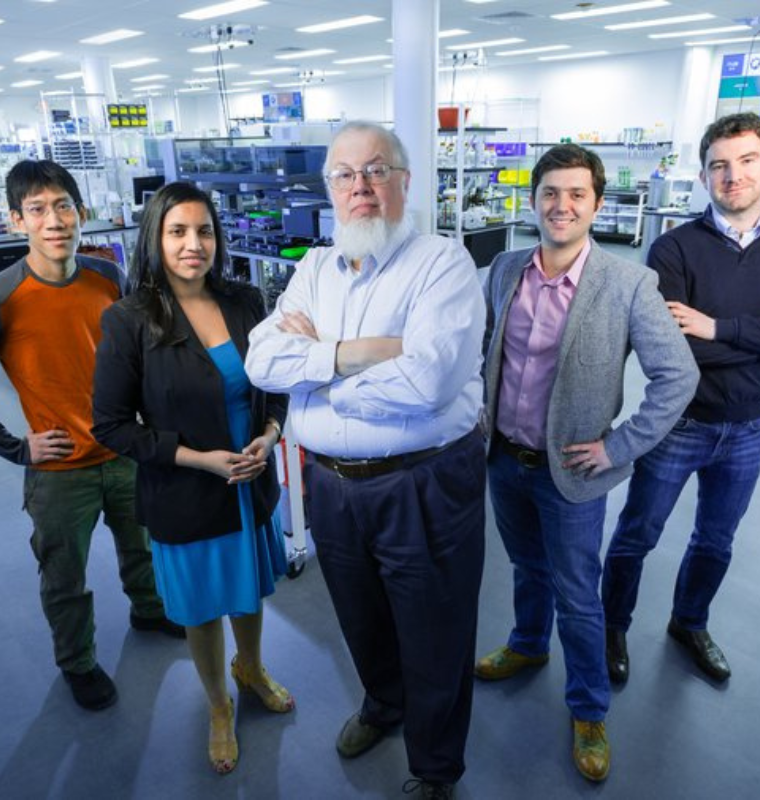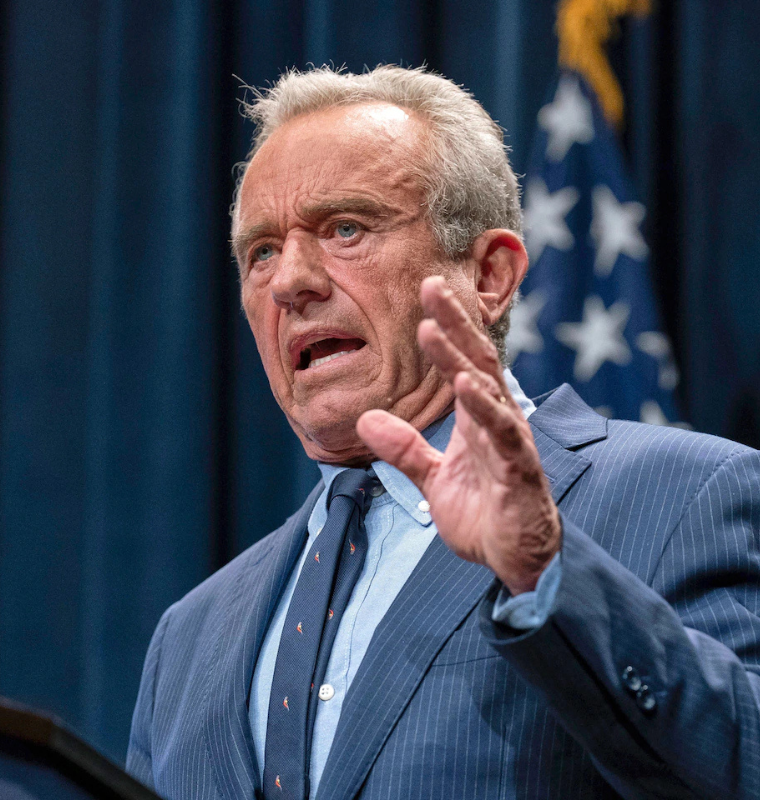Europe Strategically Adapts to Trump’s Tariff Threats
By
Junia Wells
Last updated:
May 27, 2025
First Published:
August 3, 2025

Photo: The Hill
Europe Repositions Amid Rising Tariff Pressures from the U.S.
As President Donald Trump temporarily holds off on a sweeping 50% tariff increase on European Union imports, European nations and companies aren't waiting idly. From diplomatic deals in Asia to corporate cost-cutting at home, Europe is strategically adjusting its economic and industrial plans to withstand what many believe is only a brief pause in tariff escalation.
U.S. Markets React, But Analysts Warn Caution
On the heels of Trump's announcement to delay the EU tariff spike, U.S. futures jumped significantly in Monday night trading. The Dow Jones Industrial Average futures rose by over 200 points, while Nasdaq and S&P 500 futures also showed strong gains.
However, financial experts are urging investors to temper their enthusiasm.
“This delay is just that—a delay. The threat still looms,” said Oliver Brennan, senior economist at EuroCapital Advisors. “It’s a political chess move, not a change of heart.”
Macron’s Strategic Outreach in Vietnam
During a state visit to Vietnam, French President Emmanuel Macron helped finalize a landmark deal between Airbus and the Vietnamese government. The agreement includes the sale of 20 A330neo aircraft, valued at nearly $5 billion. This builds on an earlier 20-plane commitment, expanding Airbus’ footprint in the fast-growing Southeast Asian market.
“Diversifying export destinations is crucial,” Macron said during a press briefing in Hanoi. “These deals show Europe can and will pivot when necessary.”
The move strengthens ties between France and Vietnam while subtly signaling that Europe can broaden its partnerships outside the United States.
Volvo Cuts Jobs as Tariff Pressures Mount
Meanwhile, Sweden’s Volvo Cars, owned by China’s Geely Holding, announced it will eliminate approximately 3,000 jobs globally as it braces for a shifting trade landscape.
The automaker has already pulled one of its China-manufactured models from the U.S. entirely in response to Trump’s tariffs on Chinese imports. More significantly, Volvo withdrew its financial outlook for both 2025 and 2026, explicitly citing trade uncertainties and tariff exposure as critical factors.
“Protectionist policies are forcing us to restructure faster than planned,” said Björn Annwall, Volvo’s Chief Commercial Officer.
Volvo is not alone. A May 2025 survey by the European Automobile Manufacturers Association (ACEA) revealed that 62% of EU-based automakers are reevaluating their supply chains due to U.S. policy shifts.
China’s Role and Economic Pulse
In parallel, China is also showing resilience. New data from the National Bureau of Statistics of China indicated industrial profit growth of 3% in April, up from 2.6% in March—suggesting a slow but steady recovery amid global trade turbulence.
Chinese growth impacts European exporters directly. Germany, for instance, counts China as its largest trading partner, and disruptions in global trade affect both ends of the value chain.
More Than a Delay: A Geopolitical Strategy
Trump’s tariff delay may provide momentary market relief, but it's clear that European governments and industries are bracing for a longer-term shift in U.S. trade posture.
“The EU is building safeguards,” said Dr. Isabella Moretti, a trade policy analyst at the European Centre for International Political Economy. “Tariff threats are becoming a permanent part of the trade dialogue. Europe can’t rely on temporary pauses.”
What Investors Should Watch
- EU-Asia Trade Growth: Expect a surge in European exports to Southeast Asia as nations like Vietnam become preferred partners.
- Corporate Cost-Cutting: More EU companies are expected to revise forecasts and restructure operations.
- Supply Chain Recalibration: Businesses are exploring “China+1” strategies, spreading manufacturing to other Asian countries to mitigate U.S. tariffs.
- Currency Volatility: The euro may face fluctuations as investor confidence responds to geopolitical tensions.
Final Thoughts
While Brussels may breathe a sigh of relief today, the landscape remains volatile. Europe's strategic pivots—from diplomatic outreach to industrial restructuring—underscore a critical lesson: In the age of tariff diplomacy, resilience is built through diversification, foresight, and adaptability.
The next round of policy decisions from Washington could turn today’s delay into tomorrow’s disruption. The EU isn’t waiting to find out.
Popular articles
Subscribe to unlock premium content
Gourmet Gold: Micro-Venture Funds and Europe’s Artisan Food Revolution

Artificial Elegance in Fashion

Ferrari’s Craft of Desire

Gourmet Gold: Micro-Venture Funds and Europe’s Artisan Food Revolution

Artificial Elegance in Fashion

Gourmet Gold: Micro-Venture Funds and Europe’s Artisan Food Revolution









